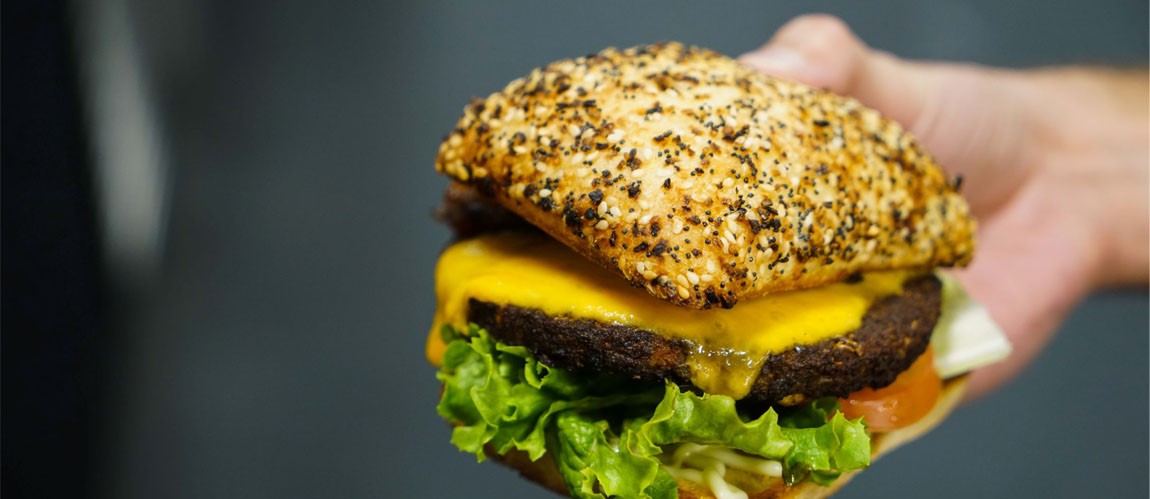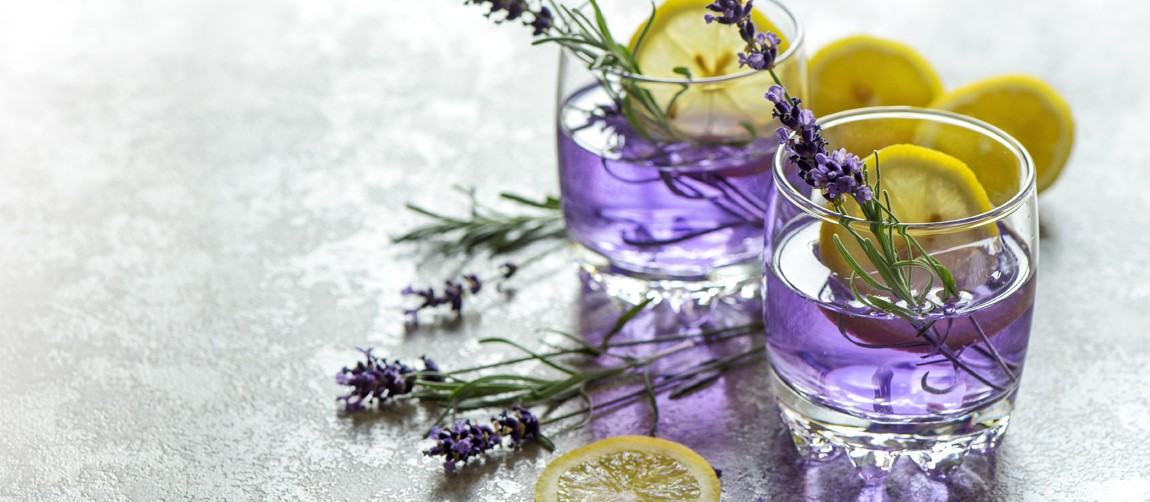Trash talk: Green trends for 2021
19 January 2021
Over the course of 2020 — a year in which the Cayman Islands faced landfill fires, dodged major hurricanes, withstood an earthquake and navigated a global pandemic — the word "sustainability" took on new meaning. If going green was a trend before, it’s a major focus now, transforming individual habits and organisational operations around the world. While the pandemic saw a temporary increase in some single-use items for health and safety reasons, it also sparked a number of sustainable trends expected to continue in 2021.
Reusable food packaging
Locally and globally, reusable food packaging is a trend driven by last year’s surge in online ordering. In 2020, a group of major brands including Unilever and PepsiCo rolled out "Loop" — an online grocery shopping and delivery service that uses reusable packaging for items that normally come in single-use containers. In this regard, the Cayman Islands is ahead of the curve thanks to brands like the Cayman Islands Brewery, which collects its empty glass bottles for reuse, and Green2Go, which delivers its healthy juices in reusable glass containers.
Thrifty fashion
A growing trend before the pandemic, secondhand shopping jumped as a result of lockdown behaviours. In May 2020, shoppers spent a combined 2.2 million hours browsing ThredUp’s online selection of secondhand goods. Globally, the resale market is expected to hit $64 billion in annual turnover by 2025. With shipping delays and shopping trips to Miami still on pause, there’s never been a better time to shop local for "new-to-me" clothes and accessories. A number of Grand Cayman’s local thrift shops also benefit non-profit organisations, meaning that secondhand shopping benefits both the environment and a good cause.
Making it local
The weeks spent indoors during lockdown prompted a renewed interest in crafting. Around the world, Google searches for “DIY art” and “crafting” peaked in April and remained higher than in years past throughout the summer and fall. Like the rest of the world, the Cayman Islands has seen an increase in cottage industries and a renewed focus on DIY consumption and production. From handmade soaps and candles to jams and jellies, being forced to remain on-island inspired many in our community to create goods locally and sustainably, and prioritise supporting local crafters and growers.
Going veggie
Globally, food production is responsible for 26% of greenhouse gases and has a significant impact on land use and freshwater consumption. As increasing numbers of people around the world seek to lessen their environmental impact by switching to vegetarianism or veganism, the United States saw sales of meat alternatives increase by about 140% in 2020. A number of Grand Cayman’s restaurants celebrated World Vegan Day with speciality events and the much-lauded Impossible Burger is appearing on more local restaurant menus.
--------
This article appears in print in the January 2021 edition of Camana Bay Times.



